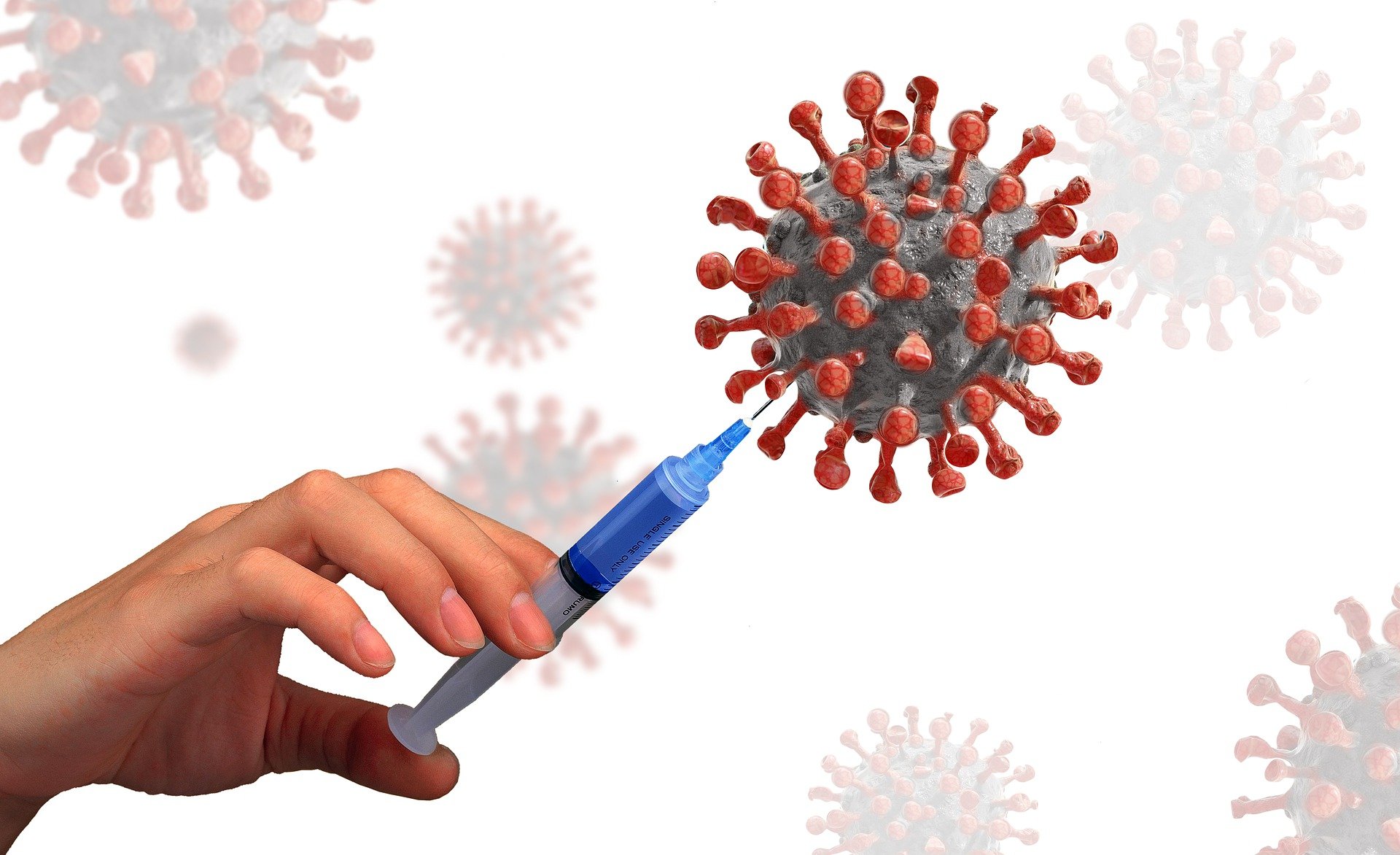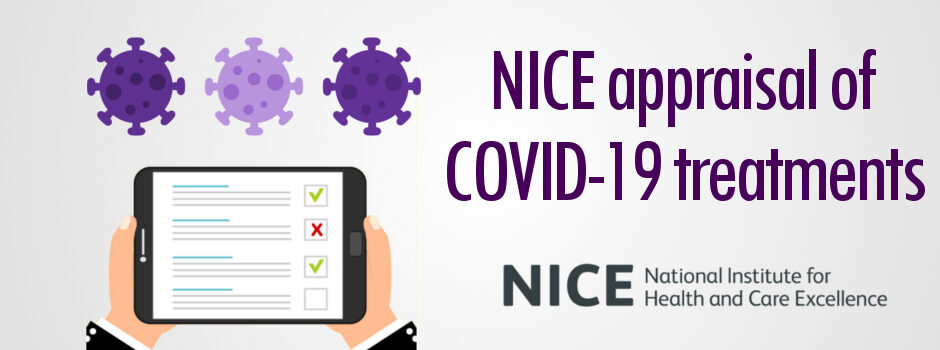
NICE appraisal of COVID-19 treatments – UPDATE
 April 11th, 2023
April 11th, 2023 Nakita Cambow
Nakita Cambow Latest News
Latest News 0 Comments
0 Comments


- Nirmatrelvir and ritonavir (Paxlovid)
- Tocilizumab
- Baricitinib
- Casirivimab and imdevimab (Ronapreve)
- Sotrovimab
- Molnupiravir
- Remdesivir
- Tixagevimab and cilgavimab (Evusheld) – for post-exposure therapy*
*A separate appraisal is underway for tixagevimab–cilgavimab (Evusheld), HERE. LUPUS UK is also a registered stakeholder for this appraisal and is contributing on behalf of the lupus patient community.
How does the appraisal process for medicines like this work?
NICE gathers evidence about the medicine(s) from a number of sources including research studies, clinical experts, patients, and groups representing patients. They use this to develop draft recommendations about whether the NHS should use the medicine. People are then able to make comments on the draft recommendations, particularly around whether NICE have considered all of the evidence appropriately and if there is anything they have missed. NICE then meet again to discuss all the comments and review the evidence as necessary, and then make draft final recommendations. People have the opportunity to appeal this decision. If there are no appeals, the recommendations are made final and the NHS decides how they are going to implement them. If there are appeals, these are dealt with before recommendations are made final.
 The NICE appraisal committee has met twice in October 2022 and January 2023, and considered evidence about all the treatments they are appraising. After receiving appeals against the final draft recommendations for some of the treatments, they split the appraisal into two separate groups. This means some of the treatments have final recommendations which the NHS will implement, and others are still going through the appraisal process.
The NICE appraisal committee has met twice in October 2022 and January 2023, and considered evidence about all the treatments they are appraising. After receiving appeals against the final draft recommendations for some of the treatments, they split the appraisal into two separate groups. This means some of the treatments have final recommendations which the NHS will implement, and others are still going through the appraisal process.
- nirmatrelvir/ritonavir (Paxlovid) – for treating COVID-19 in adults at high risk of progressing to severe COVID-19.
- sotrovimab – for treating COVID-19 in adults at high risk of progressing to severe COVID-19 (only if Paxloid is unsuitable).
- casirivimab/imdevimab (Ronapreve)
- remdesivir
- molnupiravir
- tocilizumab/cigavimab
We will update this page once the appraisal process for these medications is complete.
“We are very pleased that NICE’s final recommendation includes sotrovimab as an option for people at high risk of severe illness from COVID-19 who cannot have Paxlovid. Without this change from the draft guidance, it would have left many people with lupus with no viable treatments for COVID-19 unless they became ill enough to need hospital admission.
“COVID-19 treatments have been a very important safety net for many people with lupus, providing vital reassurance and enabling many to be less isolated and have a better quality of life. We are pleased that, despite the rapid changes in variants, there remain some treatment options that are likely to be effective.
“Unfortunately, several of the treatments which were previously effective could not be recommended. There appears to be a finite window of opportunity to use COVID-19 treatments whilst they are most effective before the virus mutates significantly. We hope that the UK government and NICE will work hard to ensure that new treatments for COVID-19 are appraised rapidly and made available at the earliest opportunity to protect people from our community.” – Paul Howard, Chief Executive of LUPUS UK.
For the medicines that have finished the NICE appraisal process, NHS England has 90 days and NHS Wales has two months to implement the recommendations. As the recommended medications are already being used, no new processes need to be implemented so it is likely that this will be implemented much sooner. The way treatments are accessed in England will be changing from one national system to different local systems in June 2023. We will update our main COVID-19 treatments article with more information as it is released. The NHS in Northern Ireland has no equivalent of NICE, but in practice usually follows and implements NICE’s recommendations. NHS Scotland has its own system but has collaborated with NICE for appraising these medications so will implement these recommendations. There is no specified timeline for NHS Scotland to implement them, but as the treatments are already being used it is likely this will happen very soon.



 ©2024 LUPUS UK (Registered charity no. 1200671)
©2024 LUPUS UK (Registered charity no. 1200671)